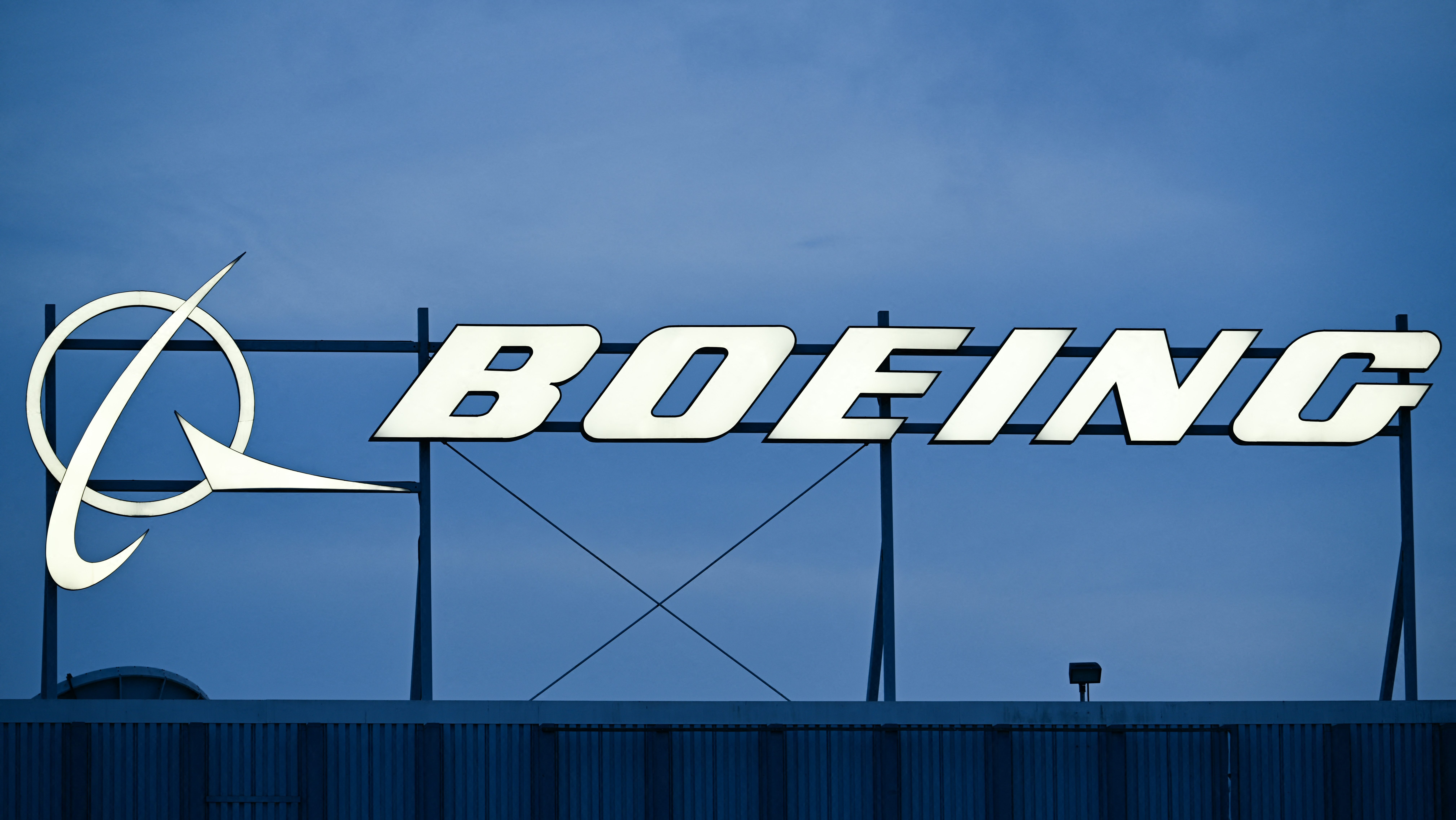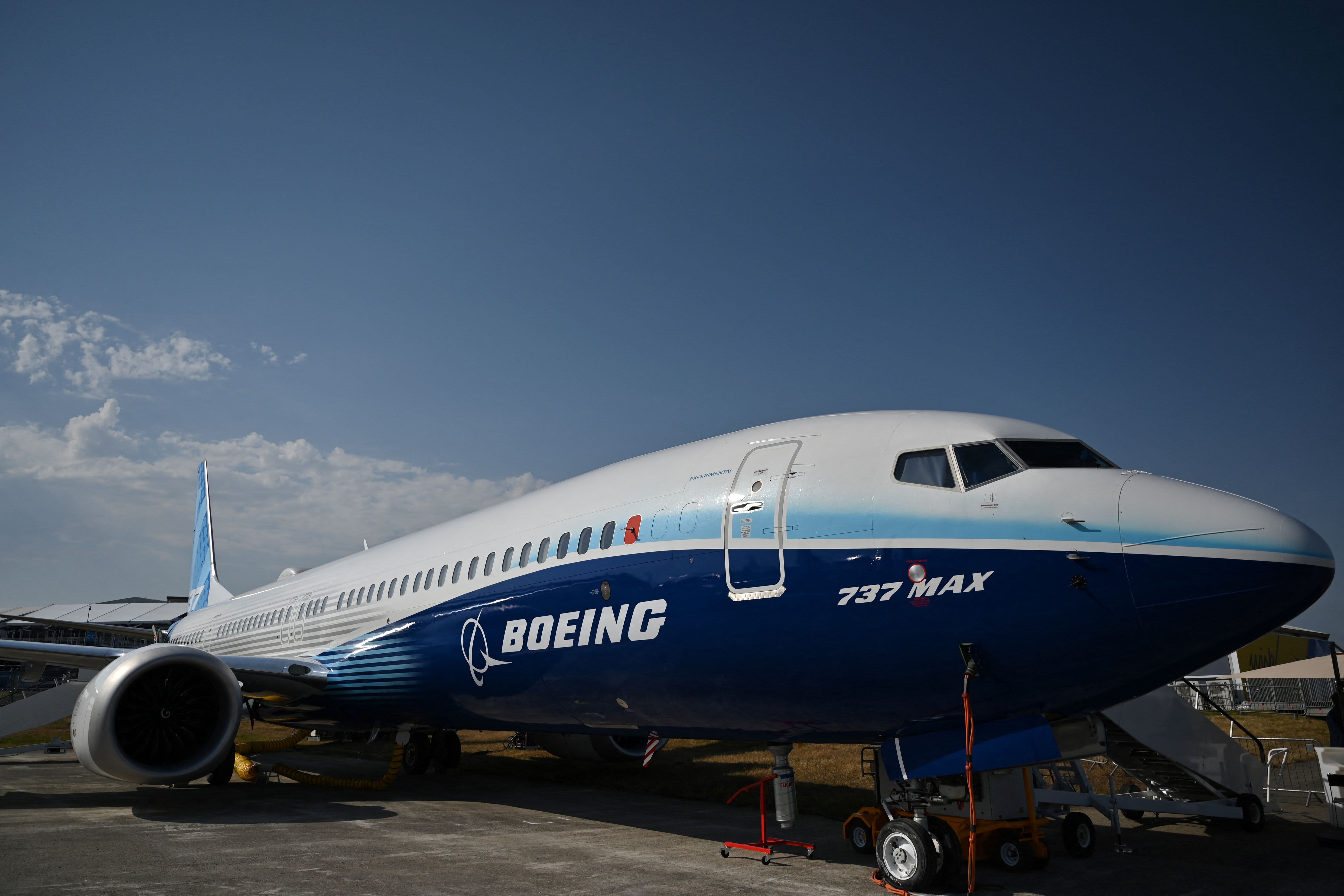Business
Boeing Locks Out Its Private Firefighters Around Seattle Over Pay Dispute

Boeing has locked out its private force of firefighters who protect its aircraft production sites in the Seattle area and hired replacements after the most recent round of negotiations with the firefighters’ union failed to yield a wage deal.
The firm claimed on Saturday that it had locked out approximately 125 firemen as well as a plant in central Washington, which is about 170 miles (275 kilometers away). Firefighters are first responders to fires and medical situations and might request assistance from local fire departments.
“Despite extensive discussions through an impartial federal mediator, we did not reach an agreement with the union,” the company stated. “We have now locked out members of the bargaining unit and fully implemented our contingency plan with highly qualified firefighters performing the work of (union) members.”

Independant – VOR News Image
Boeing Locks Out Its Private Firefighters Around Seattle Over Pay Dispute
In a statement issued Saturday, the International Association of Firefighters union stated that Boeing’s lockout is intended to “punish, intimidate, and coerce its firefighters into accepting a contract that undervalues their work.”
“Putting corporate greed ahead of safety, Boeing has decided to lockout our members, putting the safety of the Washington facilities at unnecessary risk,” stated Edward Kelly, IAFF general president.
Boeing insisted that the lockout would have “no impact” on its operations.
The labor conflict comes as Boeing faces rising losses—more than $24 billion since the beginning of 2019—and renewed scrutiny of quality and safety in its manufacture after a door plug blew out of an Alaska Airlines Boeing 737 Max flying over Oregon in January.

Al Jazeera – VOR News Image
Boeing Locks Out Its Private Firefighters Around Seattle Over Pay Dispute
Boeing and the union remain far apart in their negotiations, which have been ongoing for two and a half months. Each side accuses the other of engaging in bad-faith negotiations.
The firm, headquartered in Arlington, Virginia, announced on Saturday that its current offer includes general yearly wage increases and a new compensation structure for firemen working a 24-hour shift pattern, which would result in an average annual income rise of roughly $21,000. According to Boeing, last year’s average pay for firefighters was $91,000.
The union, which claims Boeing has saved billions of dollars in insurance costs by hiring its on-site firefighters, has requested rises of 40% to 50%. Boeing’s planned pay hike would still result in crews earning 20% to 30% less than firefighters in towns where Boeing plants are situated, according to the union.

CNBC – VOR News Image
Boeing Locks Out Its Private Firefighters Around Seattle Over Pay Dispute
A key sticking point is Boeing’s requirement that firemen wait 19 years to reach the top pay bracket, up from 14 years. The union proposes five years.
SOURCE – (AP)


































